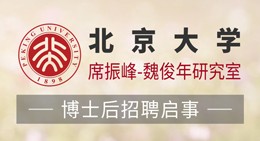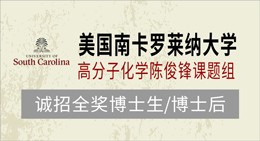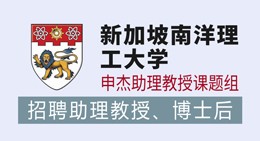Nature Water Pub Date : 2023-01-19 , DOI: 10.1038/s44221-022-00008-x Meagan E. Schipanski , Matthew R. Sanderson , Linda Estelí Méndez-Barrientos , Amy Kremen , Prasanna Gowda , Dana Porter , Kevin Wagner , Charles West , Charles W. Rice , Mark Marsalis , Bridget Guerrero , Erin Haacker , James Dobrowolski , Chittaranjan Ray , Brent Auvermann
|
|
Global groundwater resources are under strain, with cascading effects on producers, food and fibre production systems, communities and ecosystems. Investments in biophysical research have clarified the challenges, catalysed a proliferation of technological solutions and supported incentivizing individual irrigators to adjust practices. However, groundwater management is fundamentally a governance challenge. The reticence to prioritize building governance capacity represents a critical ‘blind spot’ contributing to a low return on investment for research funding with negative consequences for communities moving closer towards resource depletion. In this Perspective, we recommend shifts in research, extension and policy priorities to build polycentric governance capacity and strategic planning tools, and to re-orient priorities to sustaining aquifer-dependent communities in lieu of maximizing agricultural production at the scale of individual farm operations. To achieve these outcomes, groundwater governance needs to be not only prioritized but also democratized.
中文翻译:

共享地下水资源从测量转向治理
全球地下水资源正面临压力,对生产者、粮食和纤维生产系统、社区和生态系统产生连锁反应。对生物物理学研究的投资澄清了挑战,促进了技术解决方案的扩散,并支持激励个人灌溉者调整做法。然而,地下水管理从根本上说是一项治理挑战。不愿优先考虑建设治理能力是一个关键的“盲点”,导致研究资金的投资回报率低,对社区越来越接近资源枯竭产生负面影响。在此观点中,我们建议转变研究、推广和政策重点,以建立多中心治理能力和战略规划工具,重新调整优先事项,以维持依赖含水层的社区,而不是在单个农场经营规模上最大限度地提高农业生产。为了实现这些成果,地下水治理不仅需要优先考虑,还需要民主化。













































 京公网安备 11010802027423号
京公网安备 11010802027423号